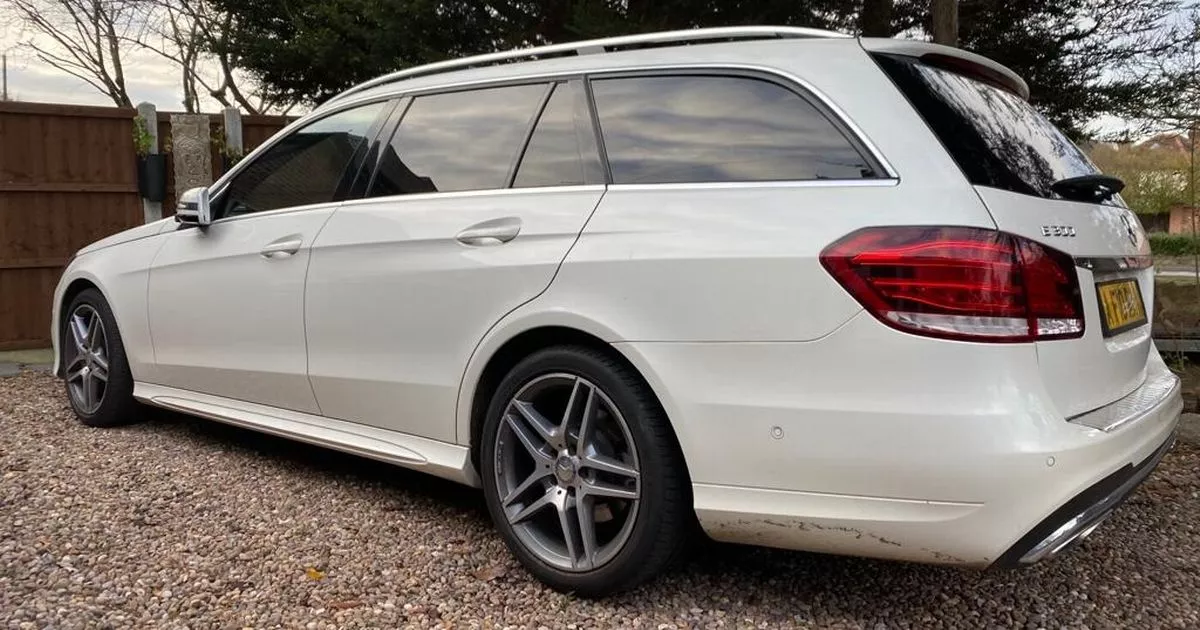Rocinante
Established Member
Does anyone have worries over the battery longevity ?
Came across this article, of an 8 year old Hybrid Merc requiring a new battery.
"Mercedes owner horrified after £15,000 quote for battery - more than the car is worth
Retired driver Ranjit Singh was left stunned after he was quoted £15,000 for a new battery for the Mercedes Benz he bought second-hand just four years ago for £27,000"

 www.mirror.co.uk
www.mirror.co.uk
Article states he also took it to a specialist who couldn't offer him a different solution.
Appreciate it's comparing apples and oranges, but the MG hasn't been out long enough to know.
Came across this article, of an 8 year old Hybrid Merc requiring a new battery.
"Mercedes owner horrified after £15,000 quote for battery - more than the car is worth
Retired driver Ranjit Singh was left stunned after he was quoted £15,000 for a new battery for the Mercedes Benz he bought second-hand just four years ago for £27,000"

Mercedes owner horrified after being quoted £15,000 for new car battery
Retried driver Ranjit Singh was left stunned after he was quoted £15,000 for a new battery for the Mercedes Benz he bought second-hand just four years ago for £27,000
Article states he also took it to a specialist who couldn't offer him a different solution.
Appreciate it's comparing apples and oranges, but the MG hasn't been out long enough to know.
